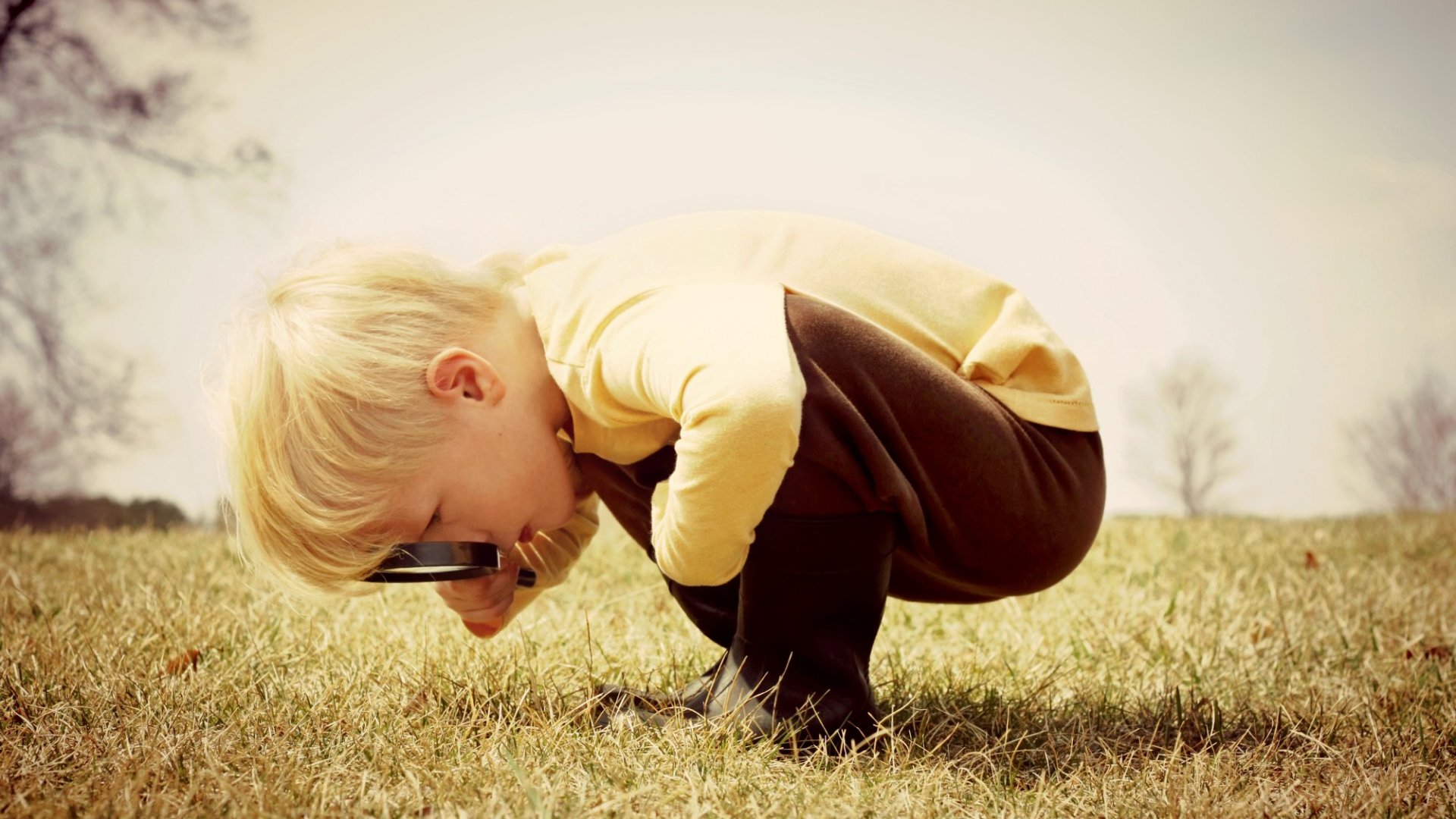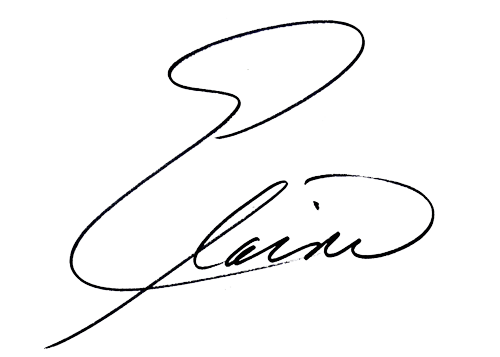The devastating impact of fear on your health and longevity and how to switch it out.
“The quality of your questions determines the quality of your life.” Tony Robbins
I’m writing this on a flight, heading to San Francisco to visit my daughter.
Everyone is masked up in response to the coronavirus.
Even in masks, people swerve and shift to avoid direct face-to-face contact.
Middle seats are empty for social distancing.
X marks the spot where we are to stand in line.
Every shop in the terminal on my layover is closed – except, thankful, illy where I’m able to get some morning coffee.
Fear of this “new” virus pervades and has become our new normal. And fear is the one emotion that can wreak havoc on the body and your immune system – your most important ally right now.
The Body’s Response to Fear
There is an entire body of science that explains the intricate connection between our feelings, emotions, the quality of our health, and the length of our lives.
Every feeling you experience generates “molecules of emotion” (A term coined by Dr. Candace Pert, one of the earliest researchers of the mind/body connection) that flow all the way down to your DNA, tweaking genes, and turning body systems on and off and up and down in response to those thoughts and ethereal feelings you have.
Who would know that a simple thought could drive biological change?
Fear is a primal instinct that warns of lurking danger. It raises the hair on your neck and sets all kinds of biological activities in motion to help you flee or fight. And, when it’s activated, everything else that’s supposed to take place inside you shuts down.
Fear is not meant to be an everyday, always-on occurrence and when it is, all hell can break loose inside.
Fear weakens you. It shuts down your immune system, can cause cardiovascular breakdown, gastrointestinal problems, rashes, breakouts, irritable bowel syndrome, anxiety, depression, and a whole bunch of unhappiness.
And most alarming, fear can accelerate aging and cut your life short.
A Quick Fix
“Positive emotions expand our awareness and open us up to new ideas, so we can grow and add to our toolkit for survival,” Barbara Fredrickson
Fear is a natural instinct meant to protect us. But when our fear comes from worry or any non-life-threatening condition, here’s one way to deal with it…
Meet it head-on with curiosity.
Here’s the science.
Fear is a “negative” emotion that shuts us down says Barbara Frederickson, a pioneer in the study of positivity and author of the book, Positivity.
Curiosity, on the other hand, is a positive emotion that creates an upward emotional spiral. It ‘broadens and builds’, and helps us to flourish, make breakthroughs, and bring new things into being. Curiosity is a creative venture that expands our understanding of life.
Remember when you were little and curiosity reigned?
For little ones, life is a stream of questions and discoveries. Why does it work this way? Why does the sun always come up over there? Why do birds fly south? Why are caterpillars furry? Why? Why? Why?
Curiosity opens us to explore and look at things in a new way. To question assumptions and consider new possibilities.
Curiosity is our door to knowledge.
And there are many things to be curious about at this time of the Coronavirus, like…
Why all the masks?
Masks have been mandated in many circumstances, but if you’re really curious, you might land on our government guidelines (published by OSHA), and find this statement:
Cloth masks and surgical masks “… Are not considered personal protective equipment (PPE) and will not protect the wearer against airborne transmissible infectious agents due to loose fit and lack of seal or inadequate filtration.”
Moreover, studies have shown that masks may inhibit our oxygen intake and cause us to breathe higher levels of CO2 – good for trees, not for humans.
Masks outside?
“One of the reasons that people wear masks is they think that it’s going to protect them from the virus. But the virus isn’t floating around in the air,” Dr Shunmay Yeung London School of Hygiene and Tropical Medicine
This one’s even more curious: Why are people wearing masks outside, on hikes, by the ocean and in nature?
Nature is our healer. Plants breathe out the oxygen we need to survive. They give off “defensive compounds” called phytoncides, explains Peter Wohlleben, in his astounding book, The Hidden Life of Trees.
The phytoncides given off by pine needles, says another researcher, Boris Tokin, makes the air in pine forests almost germ-free.
“Forest Bathing” has become a common practice for its healing benefits.
One might wonder why anyone would mask up outside where you can breathe all that healing air.
Why are we so afraid?
This is one I’m most curious about.
By all accounts, this is not a killer virus and most of us survive it.
The overall COVID-19 recovery rate is estimated to be between 97% and 99.75%. Most recover from it and come out with a stronger immune system to boot. Yes, sadly, there are always deaths, but that’s an expected outcome with every viral outbreak.
Dr. Anthony Fauci, the man spear-heading our national Covid-19 response, wrote in the New England Journal of Medicine: “the overall clinical consequences of Covid-19 may ultimately be more akin to a severe seasonal influenza (which has a case fatality rate of approximately 0.1%) …”
And this from Swiss Policy Research, Even in global “hotspots”, the risk of death for the general population of school and working age is typically in the range of a daily car ride to work. The risk was initially overestimated because many people with only mild or no symptoms were not taken into account.
What’s a virus anyway?
“The discovery that this constant battle with viruses has shaped us in every aspect — not just the few proteins that fight infections, but everything — is profound. All organisms have been living with viruses for billions of years.”
You might be curious about viruses and hold the common belief that they’re harmful.
In reality, we live in a sea of microbes, viruses, and bacteria. They were here way before we were. They exist in the land, the sea, and in the air. They outnumber us by incomprehensive amounts – according to one expert about 10 to the 31st power. They live in us and on us. We breathe them in, and, get this, more of our DNA is microbial than it is human.
Viruses have played a vital role in our evolutionary programming, driving adjustments in human development to strengthen us and ensure our survival.
So if you think that these little guys are bad you might want to think again.
The Human Microbiome study – launched in 2007 and continuing today – uncovered the astounding role they play in our health. We literally couldn’t exist without them.
(If you’re curious to know more, go listen to this interview with Dr. Zack Bush, a triple board-certified physician in Internal Medicine, Endocrinology and Metabolism, and Hospice/Palliative care, a leader in the study of the microbiome, founder of Farmer’s Footprint, and often referred to as the “Einstein of medicine”. His deep understanding of the human body and its relationship to our natural environment is expressed in this interview – one not to be missed.)
A Shift We Can All Make
“Curiosity is a deeper, more complex phenomenon that plays a role in the pursuit of a meaningful life.” Todd Kashdan, Ph.D.
There are many things I’m curious about. How about you?
I picked the coronavirus because it’s on all of our minds and there’s much contradictory information floating about.
Curiosity is one trait we could all work on that might help to sort it and other issues out.
It shifts us from fear to focus to understanding.
It’s an “activator” that “awakens your mind and makes you hungry to learn more. It moves you from victim to master, gives you access to other perspectives, opinions, and research. And, most importantly, what you learn in the process places you in an informed position to make decisions for yourself and not to turn your health or life over to anyone else.
A Challenge for You.
So here’s my challenge: Find something each day that catches your interest and dig in, research it, learn more, maybe even buy a book about it and go deep. And then share your what curious new thing you have uncovered in the comment section below! ♥
With love,
Want to get in touch with me? Email me at elaine@elainepauly.com


Thanks Elaine!
Great Info :)
My pleasure, Jan!
Wonderful article Elaine. I could feel my heart rate slowing down as I read it! Thanks so much for sharing this. Patty rush
I couldn’t have asked for a more perfect response, Patty! Thanks for your thoughts. Glad it helped!